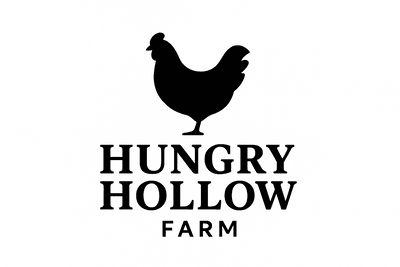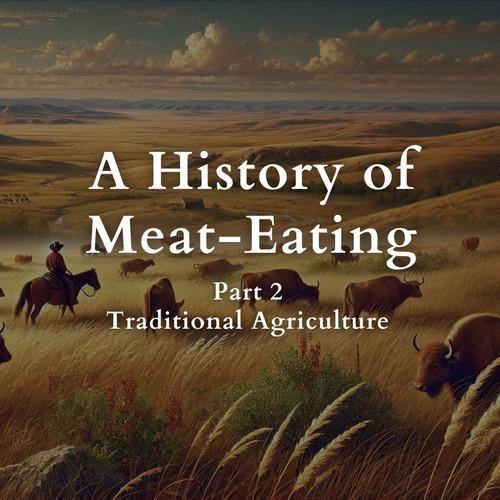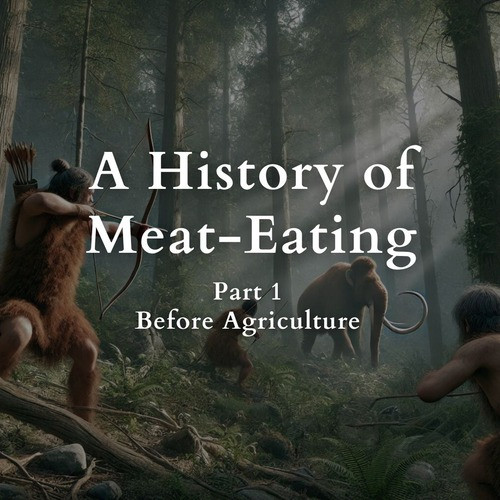Why Pasture Raise Chickens? Part 1: Better for the Birds
posted on
April 25, 2019

It should be intuitive why raising chickens outdoors in pastures is a better deal for the chickens than living on a factory farm, but let's go ahead and break it down anyway.
Here are 3 reasons raising chickens on pastures is a whole lot better for the birds:
1. Improved Diet.
When chickens live outside on green pastures, they benefit from a diet that includes greens, insects, worms, and legumes, all of which provide important nutrients, day-to-day variety, and mental stimulation. This improved diet leads to healthier, more active birds.

2. Improved Environment.
Take one look at (or whiff of!) a factory farm and its easy to see that chickens are happier in a pasture environment where they get to experience sunshine, fresh air, and room to roam. Because the chickens are moved to fresh pasture daily rather than living their entire lives in their own accumulating excrement, they can breathe fresh air and rest in clean bedding.
And its important to note that due to lax regulations "free-range" chickens still live primarily indoors in a stationary structure crammed full of other birds. The industry is currently taking baby-steps towards various indoor "enrichments" such as hay bales, but there is simply no substitute for the ultimate "enrichment:" fresh pasture.

3. Improved Genetics.
The breed of chicken raised in factory farms has been genetically selected for rapid weight gain in an indoor setting. Sadly, this means they spend most of their lives sitting down and panting as they grow increasingly obese. These birds lose the ability to perch, and generally have diminished welfare even when raised in a pasture environment.

Fortunately, when we move to a pasture-based model we can select breeds that are better suited to living outdoors, and these breeds are slower growing with higher welfare outcomes. At Hungry Hollow, we use the Freedom Ranger breed, which is one of the breeds selected by the Global Animal Partnership as a Step 5 welfare breed.
Next time I'll be exploring why raising chickens on pastures is better for our planet. Read Part 2 Here!
If you enjoyed this post, please consider sharing!

About Hungry Hollow
Hungry Hollow is a diversified farm in Shelton, WA producing pasture-raised meat, eggs, and vegetables. With a focus on animal welfare and ecological stewardship, our work models an alternative to industrial agriculture that is rooted in joy, transparency, and reverence for life.



